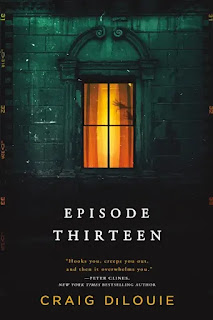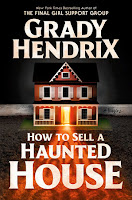 Angeline Boulley, an enrolled member of the Sault Ste. Marie Tribe of Chippewa Indians, is a storyteller who writes about her Ojibwe community in Michigan's Upper Peninsula. She is a former Director of the Office of Indian Education at the U.S. Department of Education. Boulley lives in southwest Michigan, but her home will always be on Sugar Island. Firekeeper's Daughter is her debut novel.
Angeline Boulley, an enrolled member of the Sault Ste. Marie Tribe of Chippewa Indians, is a storyteller who writes about her Ojibwe community in Michigan's Upper Peninsula. She is a former Director of the Office of Indian Education at the U.S. Department of Education. Boulley lives in southwest Michigan, but her home will always be on Sugar Island. Firekeeper's Daughter is her debut novel.
Boulley's second novel, Warrior Girl Unearthed, is due in May.
At Publishers Weekly she tagged ten "must-read books that set the bar for representing Indigenous characters authentically." One title on the list:
Murder on the Red River by Marcie R. RendonRead about another entry on the list.
Technically not YA, but I would not hesitate to share Rendon’s work with teens. Renee “Cash” Blackbear is a 19-year-old Anishinaabe making her way in 1970s Fargo, N. Dak. She drives truck for local farmers and plays (wins) pool for cash. Sometimes she helps Sheriff Wheaton with murder investigations. Rendon is the most underrated author, IMHO. She writes the way Anishinaabe people see the world—crafting rich, sensory descriptions that transport the reader.
--Marshal Zeringue
















































